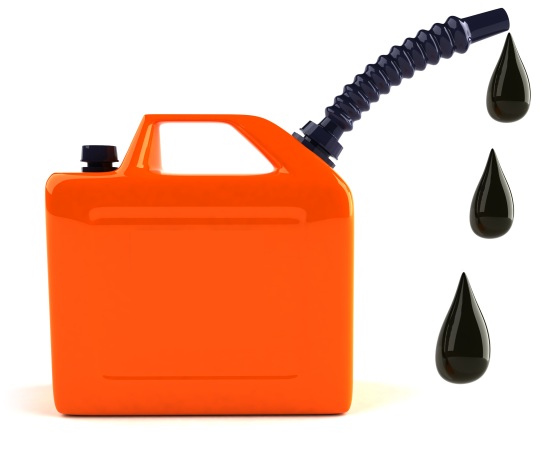The aftermath of the Libor scandal has led to very low consumer confidence in financial institutions, having a knock on effect upon commercial property businesses out with the Barclays group. It has also raised a very important question – if interest rates can be rigged, how else could banks and hedge funds be manipulating consumers for profit?

This week, the focus has turned to oil prices; a highly contentious issue in the UK at the moment. With commercial property filling stations seeing their forecourts run dry earlier this year following a fuel panic, and steps being taken by the Government to ensure motorists are paying a fair price when filling up, oil companies face close scrutiny into their business practises in the coming months.
A report for the G20 has revealed that the market for oil wholesaling is open to “manipulation or distortion” by commercial property banks, hedge funds and oil companies. The report went on to say that these genres of a company have an “incentive” to rig fuel prices by trying to report higher prices in order to boost trading and therefore revenue.
Unfortunately, these commercial property companies are unlikely to be caught in the act as, like Libor, the market has no regulatory board to monitor fluctuations in price. Instead, it relies on the honesty of major players within the industry, essentially giving them free rein to manipulate rates in order to make higher profits for their company.
100 MPs have formed a group demanding an investigation into the feasibility of lowering fuel prices at commercial property filling stations.
Robert Halfon, the leader of this group, said the conflict regarding fuel prices “needs to be looked at by the Bank of England urgently.”
Mr Halfon continued; “We need to know whether the oil price has been manipulated in a similar way to Libor. This impacts on millions of people all around the country concerned about the price of petrol at the pumps.”
The International Organisation of Securities Commissions (IOSCO) published the report last month, and warned that the current system lies open to manipulation and corruption. Although Platts and Argus, two major price reporting agencies, counter this argument by stating they employ journalists to investigate the reliability of figures churned out by commercial property banks, hedge funds and oil companies – the IOSCO retort that this relies heavily upon the experience and ethics of the journalists partaking in the investigations.
British regulators responsible for the Wheatley Review, which is currently investigating the Libor scandal propagated by Barclays commercial property banking chain, have indicated the likelihood of a further probe into the oil markets, possibly leading to a full investigation into market distortion.
Hopefully, this will lead to greater consumer confidence in commercial property filling station prices and will demonstrate the need for fairness in the midst of a double dip recession.
Do you believe that market corruption has played a role in fluctuating oil prices for the past few years? And should the investigation conclusively prove the presence of foul play, what effect do you think this will have on commercial property filling stations?
Previous Post
Unemployment Rate Drops Once Again